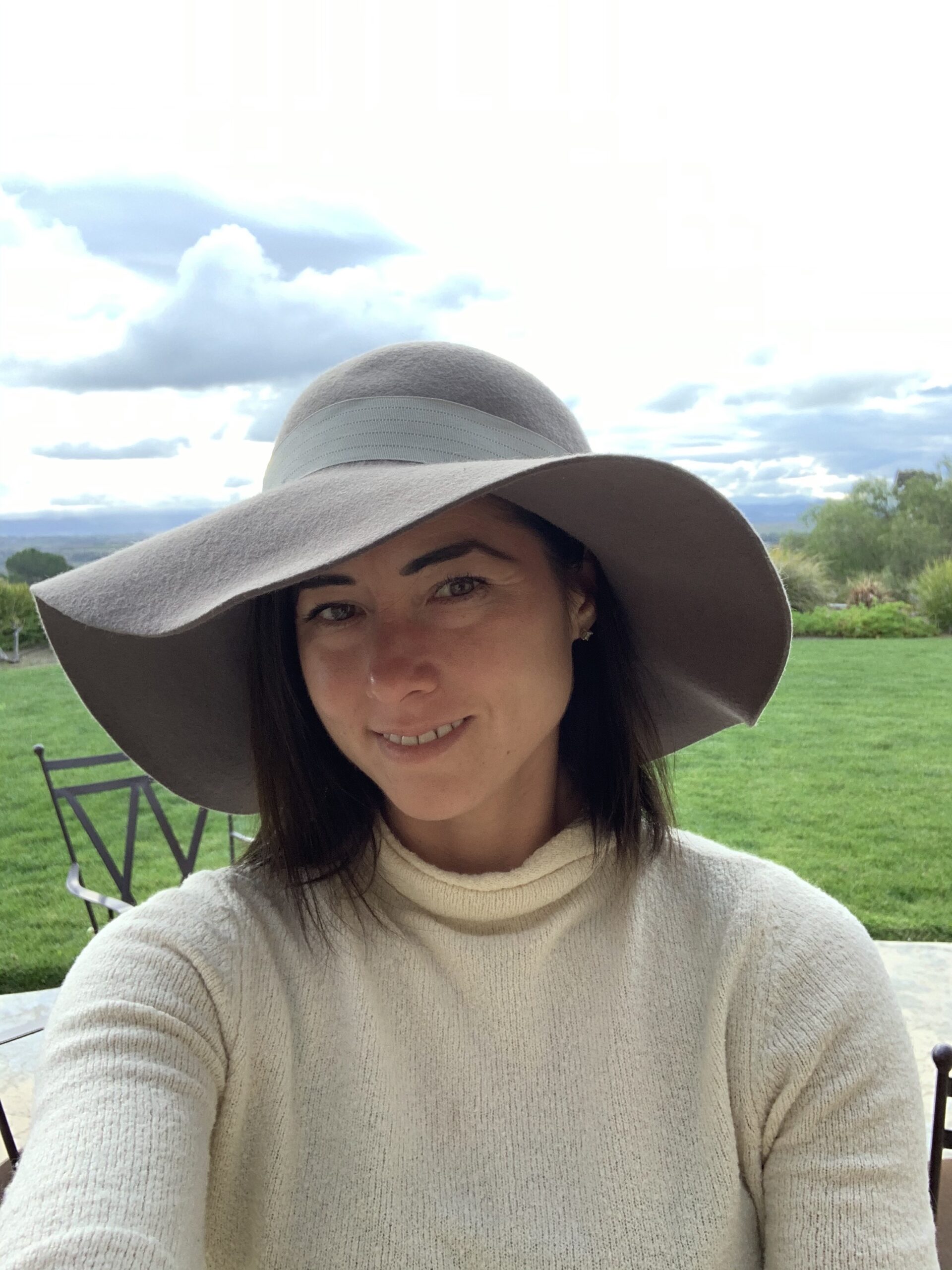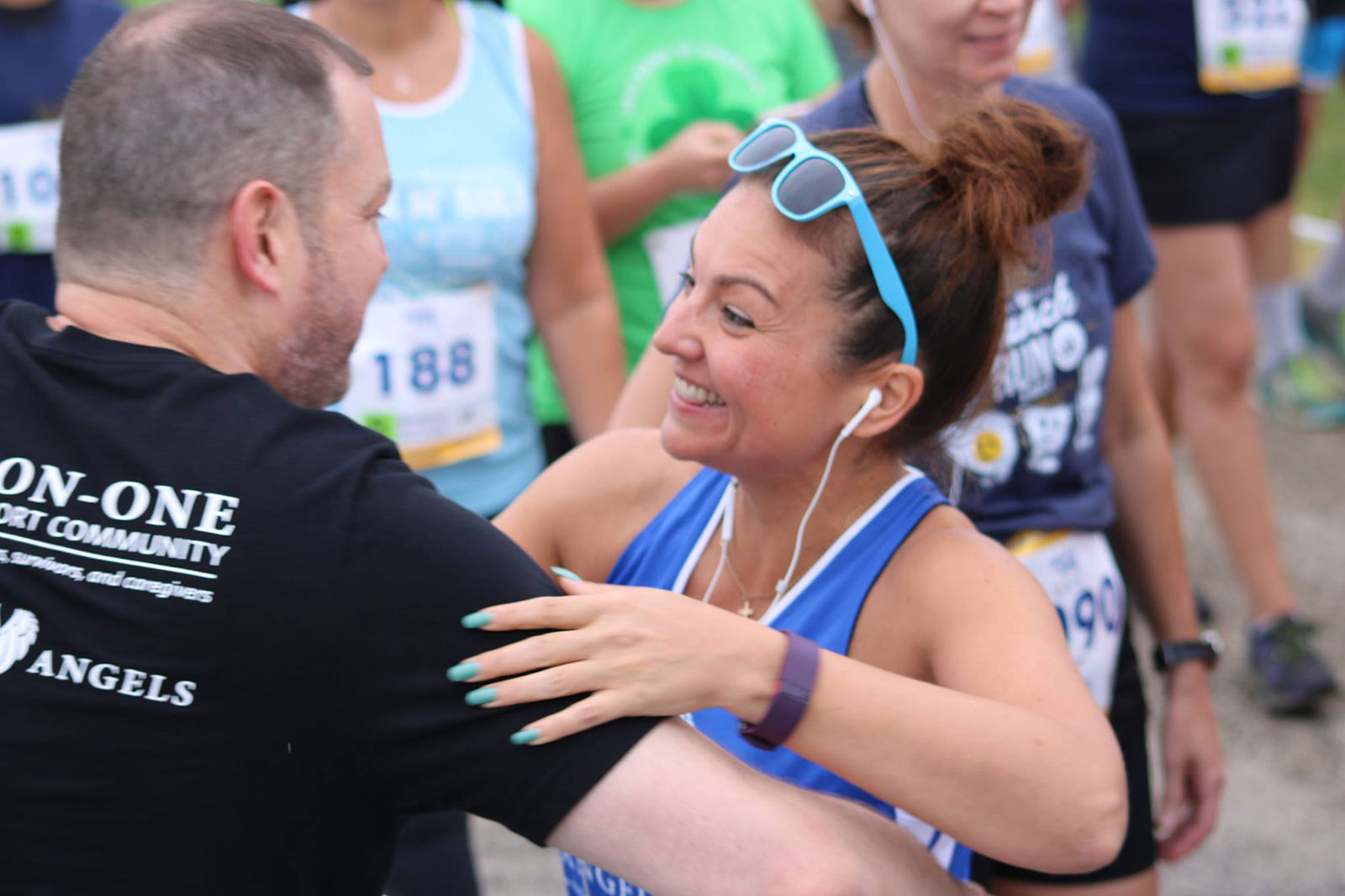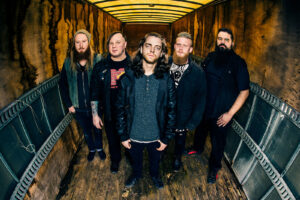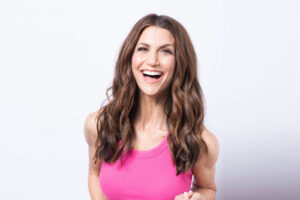When all else fails, find a cancer coach. But what exactly is a cancer coach
Well, that is difficult to define, as the role of a cancer coach can differ from patient to patient. Cancer coach Casey Head works with women in their 30s to 50s through her company The Happier Hustle and says the role caters not to what the coach thinks is best, but rather to the specific needs of the individual. “It’s about bringing your awareness and your focus on what you can do as opposed to what you can’t do,” Head says.
She understands the treatment and survival process intimately. In 2017, Head was declared “cancer-free” after a three-time battle with cancer. But unlike her consistent and organized treatment process, Head was left to her
own devices in survivorship.
“I hear this story every single time. The doctors say, ‘Great, you’re clear, you’re in remission. See you in three months. Go and live your life.’ And everyone’s like, ‘What do you mean go live my life? I just spent the last year or however long specifically working with you on a very regimented schedule of chemotherapy or surgery, and now you’re just telling me to go live? What are you talking about?’” says Head.

In the years following her transition from warrior to thriver, Head tried just about everything. And as she began to talk to more thrivers, she learned she was not alone in her confusion and anxiety post-treatment. “No one knows how to deal with cancer until you have it. But then no one really knows how to deal with it once you’re done,” Head says. “The more I talked to these women, the more I saw this trend and this struggle of trying to figure out what to do and how to go about doing it.” Shortly thereafter, the Happier Hustle program was born.
Head’s program is a 12-week course on how to embrace life without the fear that one’s life is going to be stolen again. Although each client’s needs are different, Head says the largest similarity among her clients is how they have “a lot of life to live, but just can’t figure out how to put the pieces back together.” Many have tried on their own, but nothing’s stuck, so they have
turned to Head to find a solution that will actually work.
Through the course of her 12-week program, Head works with women to reconnect with their bodies while also implementing tools and skills that will help them manage the stress and anxiety of survivorship. Head’s approach is a perfect mix of life coaching, personal training and therapy, focusing on addressing the “whole” person rather than just the mental or the physical. Areas covered range from person to person. With one client, Head may focus on their hormones, their aftercare plans or their “scanxiety.” With another client, Head may guide them through diving deep into finding their purpose in life again and navigating the challenges treatment may place on their personal or intimate relationships.
“There’s not a protocol or program in place that really helps you heal the ‘whole’ you,” Head begins. “You can go to a doctor for your body. You can go to the therapist for your mind. But there’s nothing that really addresses the mindset that you need to have going forward or what [cancer] does to your physical body–the long-term effects of chemotherapy, radiation and surgery.”
One of the reasons Head is so successful is that she has a keen understanding of what her clients have gone through. Unlike medical professionals–who despite their knowledge about the mechanizations of cancer may not have experienced cancer themselves–Head’s long battle and eventual recovery helps her connect on a deeper level.
“I so appreciate all of our therapists, and I still recommend to my clients to see a therapist as well because I think you can’t go wrong with therapy and talking about all of your feelings and getting it out there,” Head says. “But to have somebody who has walked through what you’ve walked through and help you find your path and footing again, it’s just been absolutely rewarding for me.”
But cancer coaching is not just for thrivers. New programs and training is available for people to become certified cancer counselors. The nonprofit Center for Advancement in Cancer Education offers a three-tier holistic cancer coach certification program to promote “the healing powers of good food, healthy habits and science-backed information.” Certified counselors include Becky Kuehn, founder of Oncology Spa Solutions (featured in issue one of cW), and Cancer Wellness’ editor-at-large, Mirela Kopier.
No one knows how to deal with cancer until you have it. But then no one really knows how to deal with it once you’re done.
-Casey Head
Kopier, whose background is in health and wellness promotion, has faced
cancer in her own life through her mother, a stage IV cervical cancer survivor, and her best friend’s daughter, who passed away from Ewing’s sarcoma three years ago. Kopier said she was interested in receiving certification as a way to better connect with the people she encounters in her day-to-day work.
“Ultimately, something that I learned from this course is it’s up to the person. You’re your best advocate and that’s how it should be no matter what,” Kopier says. “If I can provide any tidbits of information that can give them that person for the time that they have a better quality of life, that’s kind of where I am.”
According to the American Cancer Society, the US cancer death rate has dropped 27 percent in 25 years. But unlike in the past, when many men and women kept their diagnoses hidden, the advent of social media and a rise in awareness and advocacy has made many people more vocal about their experiences. That has made the role of the cancer coach more relevant than ever. “I would like to see each one of them come out with not only the tools and skills to cope with the stress and anxiety post cancer, but to have a good game plan for how they want their life to go look going forward,” Head says.







